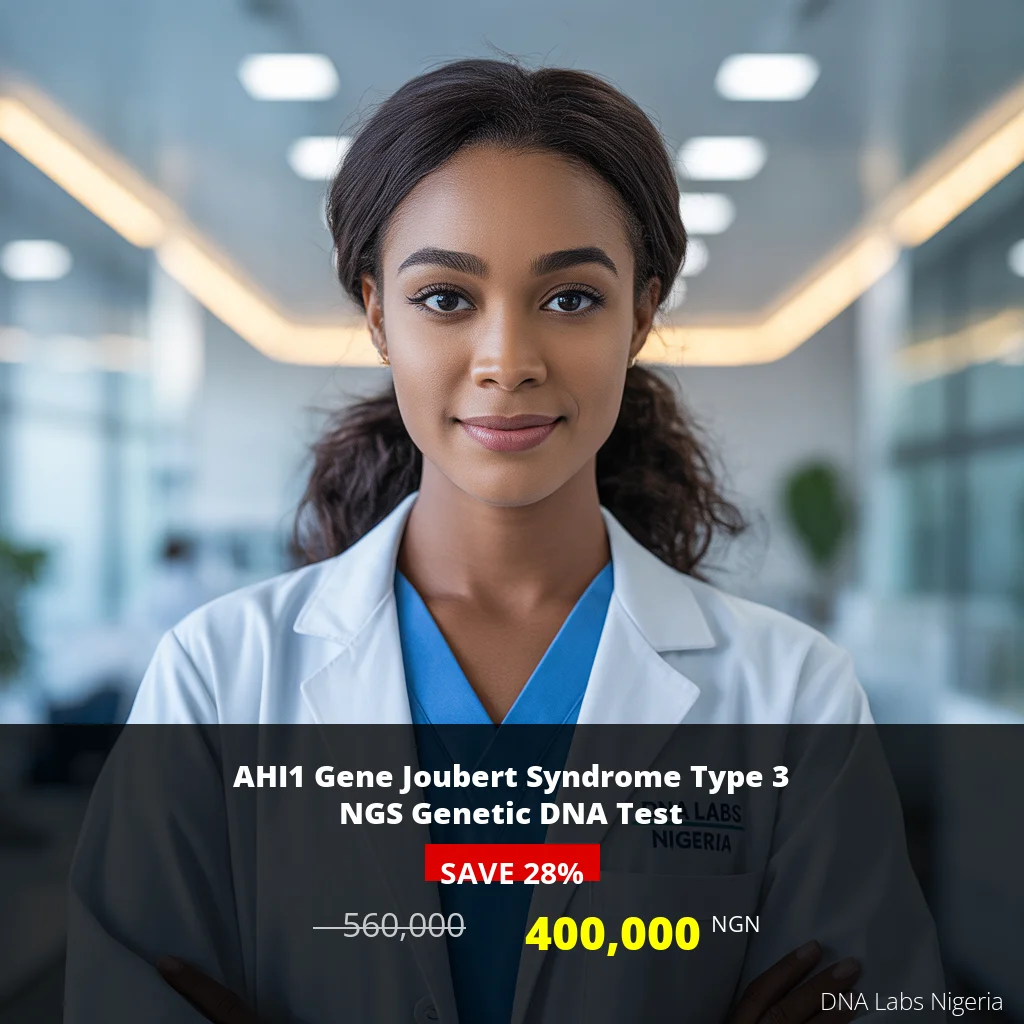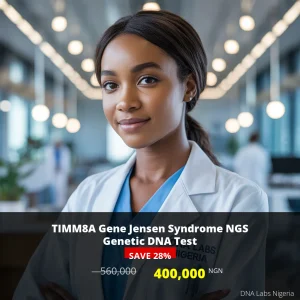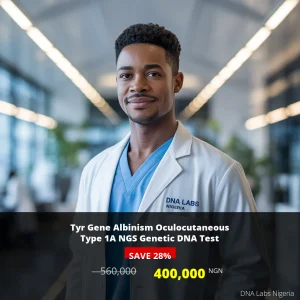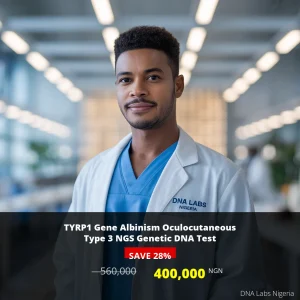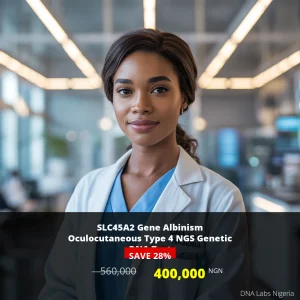AHI1 Gene Joubert Syndrome Type 3 NGS Genetic DNA Test
Introduction
The AHI1 Gene Joubert Syndrome Type 3 NGS Genetic DNA Test is a pivotal diagnostic tool designed for identifying genetic mutations associated with Joubert syndrome, a rare neurological disorder. This test employs advanced next-generation sequencing (NGS) technology to provide accurate results that can significantly impact patient management and family planning. Understanding your genetic makeup is crucial in navigating the complexities of neurological conditions.
What the Test Measures
This genetic test specifically analyzes the AHI1 gene for mutations that may lead to Joubert syndrome type 3. By detecting these genetic variations, healthcare providers can better understand the underlying causes of neurological symptoms and tailor treatment accordingly.
Who Should Consider This Test?
Individuals exhibiting symptoms of Joubert syndrome, such as developmental delays, abnormal eye movements, and ataxia, should consider this test. Additionally, those with a family history of Joubert syndrome or related neurological disorders may benefit from genetic testing to assess their risk and inform future family planning.
Benefits of Taking the Test
- Accurate diagnosis of Joubert syndrome type 3.
- Guidance for treatment options based on genetic findings.
- Informed family planning decisions through understanding genetic risks.
- Access to genetic counseling to navigate the implications of test results.
Understanding Your Results
Results from the AHI1 Gene Joubert Syndrome Type 3 NGS Genetic DNA Test will be provided in a detailed report. It is essential to discuss these results with a healthcare professional, preferably a neurologist or genetic counselor, who can help interpret the findings and recommend appropriate next steps.
Test Pricing
| Test Name | Discount Price | Regular Price |
|---|---|---|
| AHI1 Gene Joubert Syndrome Type 3 NGS Genetic DNA Test | 400,000 NGN | 560,000 NGN |
Booking the Test
To book the AHI1 Gene Joubert Syndrome Type 3 NGS Genetic DNA Test, please contact us at +2348110567037. Our team is ready to assist you with scheduling your appointment and providing any additional information you may need.
Test Details
Turnaround Time: 3 to 4 Weeks
Sample Type: Blood
Pre-Test Instructions: A clinical history of the patient undergoing the test is required, along with a genetic counseling session to draw a pedigree chart of family members affected by AHI1 Gene Joubert syndrome type 3.
Take the first step towards understanding your genetic health today!

